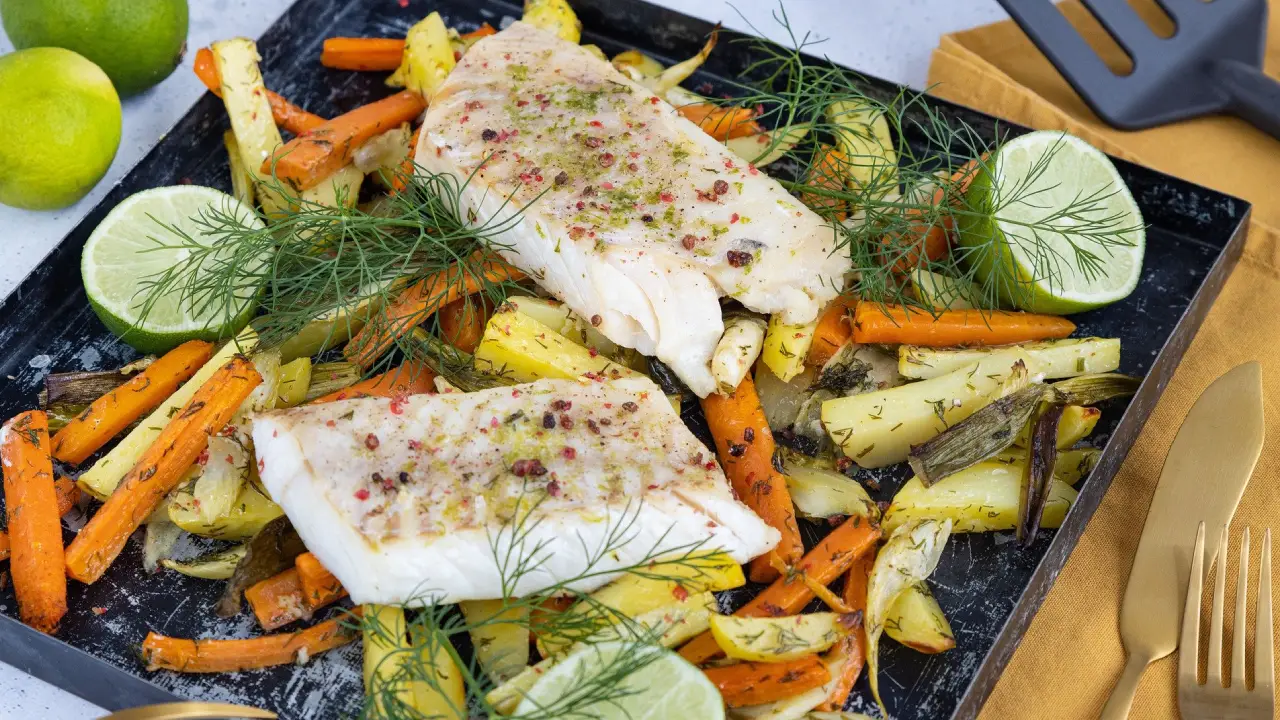Muscle recovery is as crucial as your workout routine. Without proper recovery, progress can stall, and injuries become more likely. Fortunately, the right foods can speed up recovery and enhance your fitness journey. Let’s explore the best foods to fuel your body after exercise and how to make them a part of your daily life.
Why Muscle Recovery Matters
After an intense workout, your muscles experience microtears. Recovery allows these fibers to heal and grow stronger. Proper nutrition replenishes energy, reduces inflammation, and repairs tissues. Eating the right foods can make recovery faster and more effective, ensuring you’re ready for your next workout.
Key Nutrients for Muscle Recovery
Protein
Protein is essential for muscle repair. Foods rich in protein provide amino acids, the building blocks of muscles. Incorporate lean meats, eggs, dairy, or plant-based options like tofu and lentils into your meals.
After a morning workout, Sarah swears by her protein-packed smoothie made with Greek yogurt, almond milk, and a scoop of whey protein.
Carbohydrates
Carbs replenish glycogen stores depleted during exercise. Choose complex carbs like brown rice, quinoa, or oats for sustained energy.
Daniel always enjoys a bowl of oatmeal topped with fresh fruits after his runs. It fuels his recovery and keeps him energized.
Healthy Fats
Healthy fats reduce inflammation. Include avocados, nuts, seeds, and fatty fish like salmon in your diet.
Vitamins and Minerals
Micronutrients like vitamin C, vitamin D, magnesium, and potassium play a role in muscle recovery. Citrus fruits, leafy greens, bananas, and nuts are excellent choices.
Top Foods for Muscle Recovery
1. Eggs
Packed with protein and essential amino acids, eggs are a go-to for athletes. A boiled egg snack post-workout can do wonders.
2. Sweet Potatoes
Rich in complex carbs, sweet potatoes help replenish glycogen and are loaded with potassium for muscle repair.
3. Salmon
This fatty fish is a powerhouse of protein and omega-3 fatty acids. It reduces inflammation and supports muscle recovery.
4. Greek Yogurt
With double the protein of regular yogurt, Greek yogurt is perfect for post-exercise snacking. Add berries for an antioxidant boost.
5. Spinach
A nutrient-dense leafy green, spinach is rich in iron and magnesium. Both aid muscle function and recovery.
6. Almonds
Almonds provide healthy fats and vitamin E, which help reduce oxidative stress after workouts.
7. Bananas
High in potassium and natural sugars, bananas restore electrolytes and give a quick energy boost.
8. Turmeric
Known for its anti-inflammatory properties, turmeric can speed up recovery. Add it to milk or tea for a golden recovery drink.
9. Cottage Cheese
Low-fat cottage cheese contains casein protein, which releases amino acids slowly. It’s an excellent option before bedtime.
10. Quinoa
Quinoa is a complete protein and a gluten-free carb source, making it a versatile food for recovery.
Hydration: The Unsung Hero of Recovery
Water is crucial for recovery. Dehydration can prolong muscle soreness and fatigue. Consider adding electrolyte-rich drinks if you’ve sweated heavily during exercise. Coconut water or sports drinks can restore lost minerals.
Tips to Optimize Recovery Meals
- Combine protein and carbs in every post-workout meal.
- Add anti-inflammatory foods like ginger or turmeric to recipes.
- Prepare meals ahead to avoid skipping recovery nutrition.
Mark preps chicken, quinoa, and roasted vegetables every Sunday. After a workout, he heats up a portion for a quick and nutritious recovery meal.
A Sample Recovery Meal Plan
Breakfast: Scrambled eggs with spinach and whole-grain toast.
Snack: Greek yogurt with honey and berries.
Lunch: Grilled salmon, quinoa, and roasted sweet potatoes.
Dinner: Stir-fried tofu with brown rice and vegetables.
Real-Life Success Stories
Lily, an amateur marathon runner, struggled with muscle fatigue until she started incorporating salmon and sweet potatoes into her meals. “I feel less sore, and my runs have improved,” she says.
Similarly, David, a gym enthusiast, began drinking protein smoothies with almond butter after his workouts. He noticed faster recovery times and better performance in strength training.
Common Mistakes to Avoid
Skipping Recovery Meals: Your muscles need nutrients immediately after exercise.
Neglecting Hydration: Water is vital for nutrient absorption and muscle repair.
Ignoring Micronutrients: Vitamins and minerals play a significant role in recovery.
Your recovery process starts with the food you choose. Experiment with these muscle-recovery foods and notice the difference in your performance. What’s your go-to recovery meal? Share your favorite recipes in the comments below. Let’s learn and grow together!





